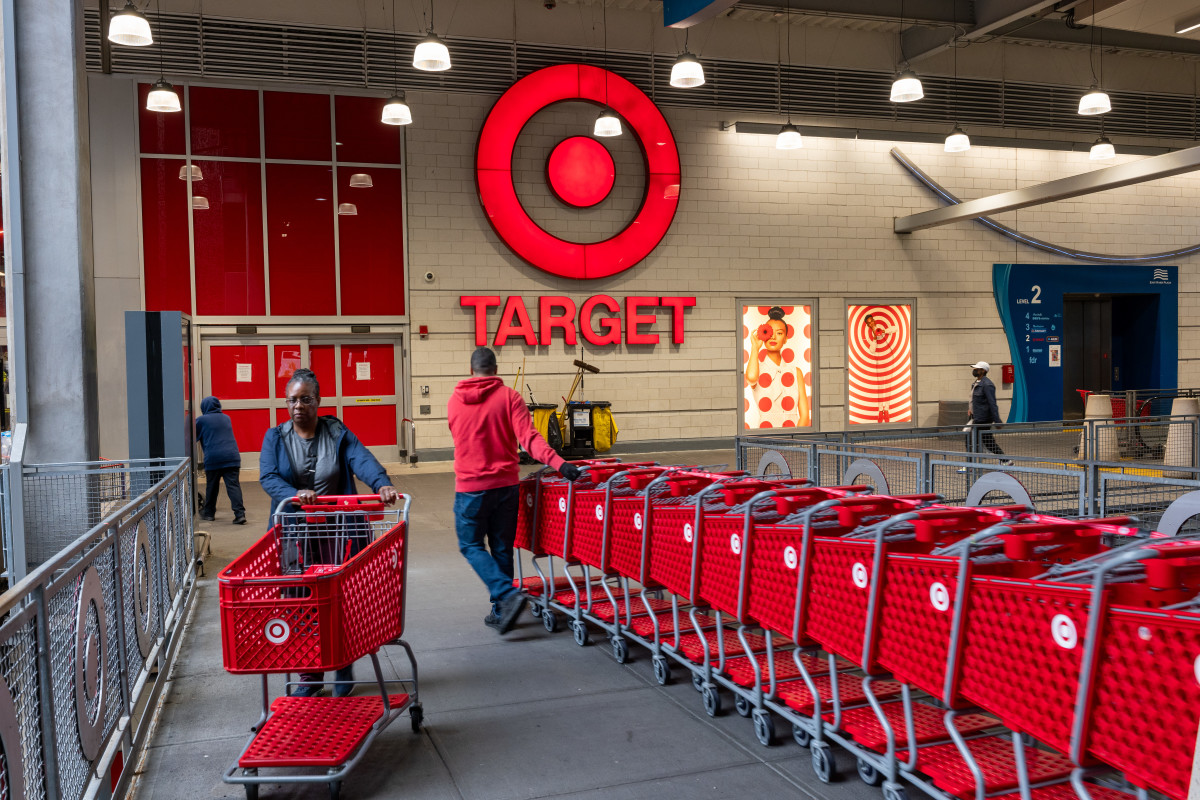
As earnings reports start to pour in, retailers are giving us a pulse on how theft and crime may have depleted their shelves this season.
We're also getting a sense for how any precautionary measures against theft may have worked over the past 90 or so days.
Related: Home Depot sends a very different message about the economy
Some retailers have taken rather draconian measures to counteract the potent affect of theft in their stores. Common metropolitan drugstores like Walgreens (WBA) -) and CVS (CVS) -), for example, have taken to chaining up some of their most-stolen goods, like pizza and ice cream, or putting toilet paper under lock and key.
NEW: The Walgreens at 16th/Geary in San Francisco has chained up the freezer section ⛓️
— Betty Yu (@bett_yu) July 18, 2023
Workers said normally shoplifters clean out all the pizza and ice cream every night. They’re usually hit 20x a day. The whole store is virtually locked up. @KPIXtv
h/t @greenbergnation pic.twitter.com/lfFWmkLWdo
Target (TGT) -), for one, is determined not to succumb to the wave of theft sweeping many big box retailers.
"Beyond macroeconomic challenges, we continue to contend with significant headwinds caused by inventory shrink, building on a worsening trend that emerged last year," Target CEO Brian Cornell said during the Q1 earnings call.
Target continued to grapple with "an unacceptable amount of retail theft and organized retail crime," as Cornell put it on the Q2 earnings call in August.
"Shrink in the second quarter remained consistent with our expectations but well above the sustainable level where we expect to operate over time," he said.
So Target went to work trying to identify the core issues. In October, it shuttered nine stores in four states to combat the issue. The nine stores, which were located in the Seattle, New York, San Francisco/Oakland, and Portland metropolitan areas, were unsustainable for business, Target said.
"In this case, we cannot continue operating these stores because theft and organized retail crime are threatening the safety of our team and guests, and contributing to unsustainable business performance," Target said at the time of the closure.
Now, though, nearly a month later, Target seems to be striking a different chord.
Target gives update on anti-theft protocols
Aside from closing several stores across the country due to theft and crime, Target also began locking up high-interest inventory in stores that remained open. And Cornell claims this has actually helped to stave the inventory bleed.
“Just in the last week I’ve been on the East Coast and on the West Coast in many of those stores that you’ve talked about where, items have been locked up,” he explained during a Q3 earnings call.
“And actually what we hear from the guests is a big thank you, because we are in stock with the brands that they need when they’re shopping in our stores. And because we’ve invested in team member labor in those aisles and make sure we’re there to greet that guest, open up those cases and provide them the items they’re looking for.”
In other words, Target seems to have seen a lift in customer appreciation (at least) thanks to its anti-theft measures.
That's not to say Target is leaving all of its troubles behind. Same-store sales, a metric of the performance of stores that have been in operation for at least one year, fell by 4.9%. So while more customers may certainly be thankful, more are yet to come in to outpace last year's numbers."







